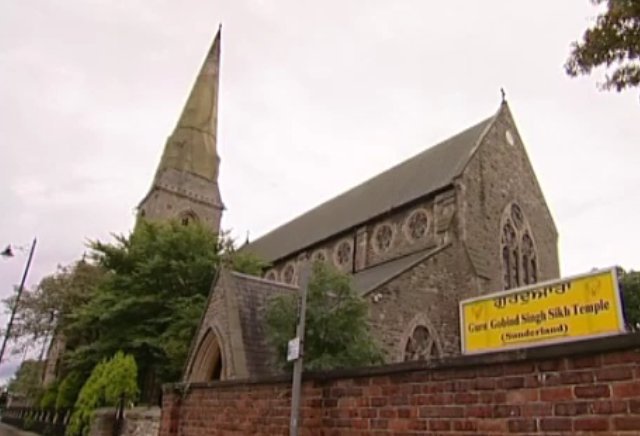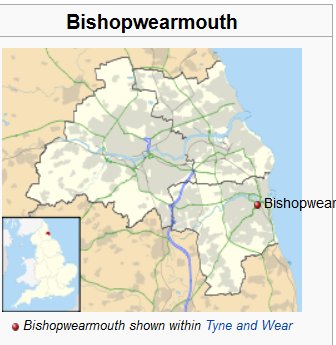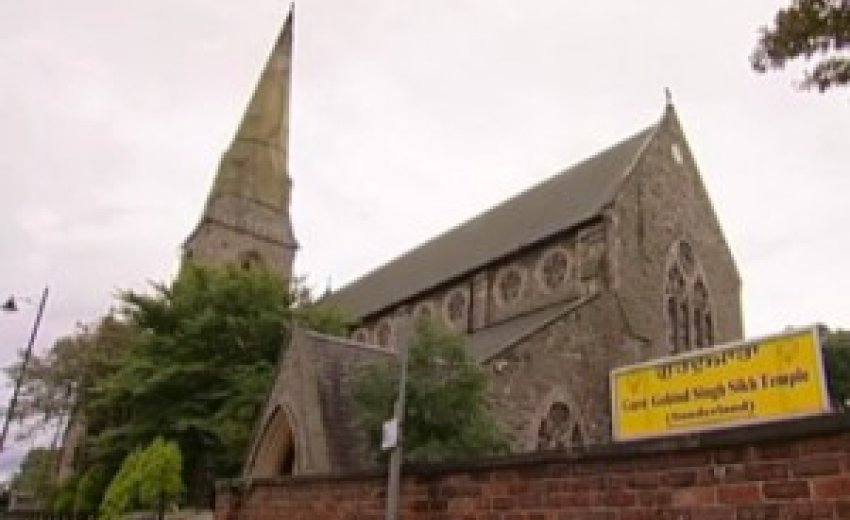£200,000 renovation plan for Sunderland Sikh temple
 A MAJOR renovation project is about to take place in the heart of Sunderland’s Sikh community.
A MAJOR renovation project is about to take place in the heart of Sunderland’s Sikh community.
Hundreds of thousands of pounds needs to be spent on the Grade II-listed Christchurch in Ashbrooke.
The former church was taken over by the Sikh community in 2000, after lying empty for about four years.
Now, it needs a £200,000 makeover, to repair its 40metre spire and carry out other improvements.
Eventually it is hoped to relocate the gurdwara, or temple, from the grounds of the church to inside the building itself.
English Heritage has agreed to pay half the repair bill, while worshippers will raise the rest.
Surveys are being carried out to see how much work needs to be done.
Manjit Cheema, president of Sunderland Sikh Association, said: “The community is very committed to this and it will become the biggest temple in the area.
“It means a better future for Sunderland.”
The project is expected to be finished by next year. Mr Cheema stressed that anyone was welcome to visit the temple and free community kitchen, providing they obeyed by his religion’s requirements, which means covering their heads, washing their hands and removing shoes to go into the temple and not being under the influence of drugs or alcohol.
He hit out at right-wing groups which have been campaigning in Sunderland over the past weeks.
“Sunderland does not need to listen to them,” he said, “Religions are not bad. People are bad. Everybody needs to work together.”
Religion facts
Worldwide, there are 25.8million Sikhs, about 75 per cent of which live in the Punjab.
They are forbidden from cutting their hair, eating ritually-killed meat and also do not believe in fasting, wearing a veil for women or living as a monk for men.
Baptised Sikhs are given the last name Singh, meaning lion, for men and Kaur or lioness/princess for women.

Bishopwearmouth is an area in Sunderland, North East England. Bishopwearmouth was one of the original three settlements on the banks of the river Wear that merged to form modern Sunderland. The settlement was formed in 930 when Athelstan of England granted the lands to the Bishop of Durham. The settlement on the opposite side of the river, Monkwearmouth, had been founded 250 years earlier. The lands on the south-side of the river became known as Bishopwearmouth, a parish that covered around twenty square miles, encompassing settlements such as Ryhope and Silksworth — now part of the modern Sunderland urban area. Within the parish was another settlement, Sunderland, which was a small fishing port at the mouth of the river. Over the centuries, the port grew in both importance and size, and in 1719 was made into a parish independent from Bishopwearmouth.
Bishopwearmouth Christ Church was declared redundant on 11 February 1998, and later sold to become a Sikh temple and community centre. The church of Bishopwearmouth, St. Michael's, became Sunderland Minster in 1998.
Source
